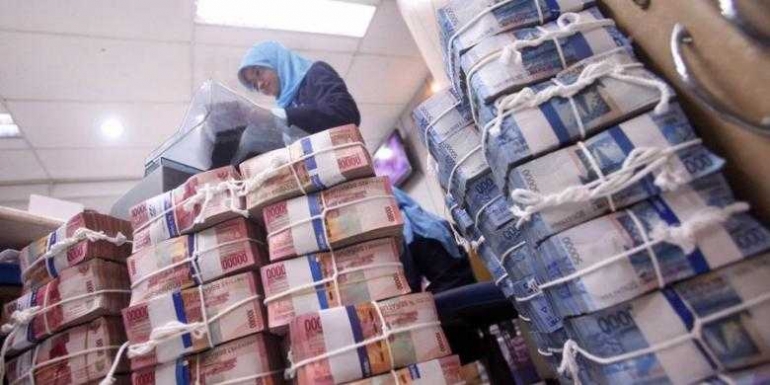We can distinguish the special purpose and general purpose from how we improve financial decision making. As usual, from my experience, some people that i know, that they are or i may say people are demonstrably worse at all kinds of problem solving when they have money problems on their mind. However, some society believe that credit card is the only one solution when they have money problem in their life. I have to say that credit card is one of the evil geniuses. Why? I will tell you a logic sense. Because we think, that when we plan to pay in the future, it hurts less than when we pay the same amount now.
Credit card capitalizes on our desire to avoid the pain of paying. And that has given em the power to shift the way we perceive value. With easier, less salient payment and the shifting of time between payment and consumption, credit card minimizes the pain of paying we feel at the moment we buy something. Credit card creates a detachment that makes us more willing to spend.
As from my experience, people are more willing to pay when they use credit card, but also that they make larger purchases, leave larger tips are more likely to underestimate or forget how much they spent, and make spending decisions more quickly.
A simple swipe of a card is easier than getting out our wallet, observing how much money we have, grabbing some bills, counting and waiting for change. When we use we cash, we actually think about, notice, touch,grab, remove, sort and count the money we're spending. In the process, we feel the loss. With a credit card, that loss is not as vivid and visceral. Credit card also make payment easier and less painful by consolidating month's purchases into one simple bill. Credit card is hardly the only financial instrument that embraces the pain-reducing.
The pain of paying should get us to stop making painful spending decisions. But instead of ending the pain, we-of course with the help of financial "services" like credit card, devise ways to lessen the pain. I had told how credit card works in our daily life. Now i want to tell you about how money works in education. Ivy league universities re becoming in the eyes of the new Asian upper class the ultimate status luxury good. Harvard is like vuitton bag if i have to mention. Harvard in United States is like University Of Indonesia or University of Gadjah Mada in Indonesia.
Well it's a huge drag on the middle class, who have been plowing an increased share of their savings into educational institutio ns,t transferring their money to bureaucrats. In a way, it's no different from racketeer ing, one needs a decent University "NAME" (sorry for the capslock by the way, haha) to get ahead in life. But i have the evidence that , collectively society doesn't advance with organized education, rather the reverse, the level of (formal) education in a country is the result of wealth. The heuristic would be to use education in reverse: hire, conditional on an equal set of skills, the person with the least label-oriented education.
It means that the person had to succeed in spite of the credentialization of his competitors and overcome more serious hurdles. Things appear maximally sophisticated and scientific but remember that what looks scientific is usually scientism, not science. As with label universities, you pay quite a bit of money to join. Economics is based on the notion of "revealed preferences".
What people "think" is not relevant. People's "explanations" for what they do are just words, stories they tell themselves, not the business of proper science. What they do, on the other hand, is tangible and measurable and that's what we should focus on. Revelation of preferences is best understood by the betrothed: a diamond, particularly when it's onerous to the buyer, is vastly more convincing a commitment (and much less reversible) than a verbal promise.
Okee back to the plan of redenomination that i already mention in the previous paragraph. The purpose of the redenomination is to increase our value of money or Rupiah. By the way, public has gotten used to practicing Rupiah redenomination in their daily lives, even before the Government and BI launched it. When we go to JCO or Starbuck for example, the prices are shown with the three zeroes deleted for reasons of economy and neatness, but customers perfectly understand.
Let's say when an item prices Rp 65.000, will be tagged as Rp 65K or 65.0 (in JCO) and even saying that it's worth "65" is enough to make customer understand that they must pay using Rp 65.000 bank note. By the way, various publications and reports that write in Rupiah in numbers, it's practically certain that the numbers will be simplified with the addition of the words "in thousand", "in millions" or "in billions". Take a look in financial report of any company published in any local newspaper -- the rupiah number will be simplified.
If the value of a country's currency is so low that is too far from the value of other countries currencies, there is an impression that there's something wrong with the economic management of that country.







